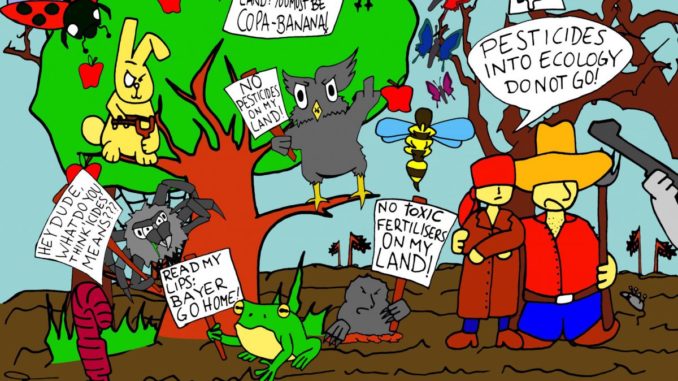
Time to ACT! Tell your Minister no pesticides in EFAs!
23 Ag Ministers want to destroy the last of greening in the CAP. Here’s how we can stop them. […]

23 Ag Ministers want to destroy the last of greening in the CAP. Here’s how we can stop them. […]

Land grabbing occurs when land that was previously used by local communities is leased or sold to outside investors, including corporations and governments. Local communities may lose their land by force, intimidation or misinformation, and can be left landless and dispossessed, without the means to sustain their livelihoods. The land that has been ‘grabbed’ is then often used for commodity crops, including agrofuels. Land grabbing is often accompanied by severe environmental degradation, the destruction of healthy ecosystems, water, soil and air. Key Issues Demand for land is increasing as the global population grows and the availability of fertile land and water is threatened by climate change and overconsumption. Investors and investor countries may be driven to the acquisition of foreign land by food security concerns, the prospect of rising land value, or the extractive and tourism industries. These land acquisitions often take place without the concern or consultation of the affected local communities, and without sufficient assessments of environmental and social impacts. Frequently bought or leased for extremely low prices, the land is often cultivated […]

By Dr. Oliver Moore Communications Manager Arc20020 (major update June 2015; periodical updates since) In July 2013, the EU and U.S. started negotiations on a bilateral free trade and investment agreement, the Transatlantic Trade and Investment Partnership (TTIP). This potential deal is supposedly about simplifying the trade arrangements between the US and EU: it’s mooted to be about rooting out inefficiencies such as unnecessary double inspections and acknowledging similar standards where they exist. The idea is that it will increase trade between the two regions, improving the economy and generating employment along the way. Mainstream voices of politics and business support TTIP as a likely source of jobs and growth, without, they claim, impacting negatively on the EU’s higher health, environment, labour and other standards. Critics however, claim that this agreement could have a major negative impact on food, agriculture, environment and labour standards on both sides of the Atlantic. Video: What is the Transatlantic Trade Investment Partnership? By loading the video, you agree to YouTube’s privacy policy.Learn more Load video Always unblock YouTube As tariffs […]
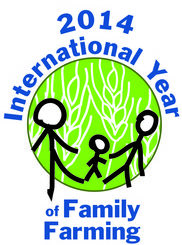
Family farming: a contested notion… […]
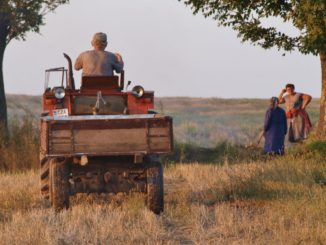
Polish government’s controversial decision to shift 25% from Pillar 2 (including RDP) to Pillar 1 of the CAP, forgetting about rural development priorities. […]

(Brussels, 22/11/2013) BEGINS The European Parliament held its final vote on Wednesday 20th November on the Common Agricultural Policy (CAP). In voting as it did, Parliament has it intensified the failure to deliver what was supposed to be a fairer, simpler and greener agriculture policy for Europe. ”Business as usual has prevailed at 90%” said Benedikt Haerlin of NGO platform ARC2020.EU and Meine Landwirtschaft. “Unfortunately the role of the European Parliament had been to substantially cut back on the initial progress towards sustainability proposed by the European Commission. From 2014 to 2020 we will see at least as many farms being closed down within the European Union, organic farming will suffer financially, biodiversity will suffer even more and the role of the European Union in the world will continue to be a resource-sucker at the expense of the global poor and the environment.” Importantly, all amendments, some of which could have improved the proposals, were dropped and not voted on. This democratically questionable move occurred due to a change in the voting order of the overall EU budget […]
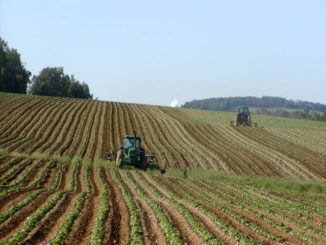
The EP’s final vote on the CAP intensified the failure to deliver a fairer, simpler and greener agriculture policy for Europe. […]
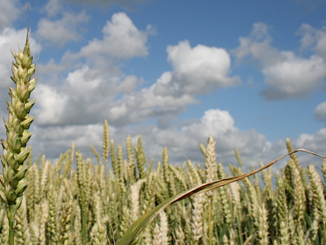
With UK nations having more autonomy than ever before, what is in the DEFRA consultation for England? […]
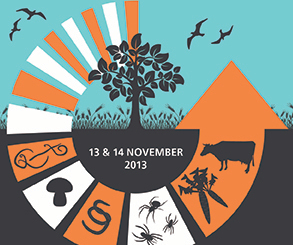
Agro-ecological farming methods can help our soils. Special guest post for ARC2020.eu from Louise Payton, Soil Association. […]
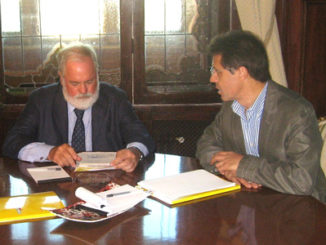
The measures already decided for CAP implementation in Spain […]

ARC2020 PRESS RELEASE 25.09.2013 For immediate release Vital new Toolkit from ARC2020 on CAP reform and Rural Development A vital and timely new Toolkit on the Common Agriculture Policy and Rural Development in the EU has been released by the ARC2020 team. With political agreement on remaining CAP issues reached between the European Parliament, the EU Council of Ministers and the European Commission Tuesday evening, before further urgent discussions and votes in the Parliament and Council, the timing could not be more apt for the release of thisToolkit. This working document will prove invaluable for organisations and citizens making the case for good food, good farming and better rural policies in Europe. The big issues in the CAP reform process have been examined in detail by ARC2020’s expert team and partners. From this work has come the Toolkit, the first version of which contains all of the latest CAP related developments, as well as specific proposals for how stakeholders can improve this CAP reform during the implementation stage up to mid-2014. This toolkit, which can be found of ARC2020’s website here, explains the CAP’s “when, what and how can we […]

(Brussels, 02/10/13) BEGINS On Monday the European Parliament’s Agriculture Committee (COMAGRI) voted on the remaining issues on CAP reform. This follows the substantive agreement in June in Ireland and the final trilogue between Parliament, Council and Commission last week, where the Council strong-armed the Parliament into ceding its position, aided by the Commission. The committee vote still needs to be confirmed by Parliament as a whole in a plenary vote at the November session. “The co-decision procedure on CAP reform has been a long, epic process, full of delays and brinkmanship. In the end however, it also represents, unfortunately, a missed opportunity to really, radically reform the CAP. The momentum now turns to member states” Samuel Feret, ARC2020’s coordinator said. Substantial reform has been bypassed in favour of business as usual, questioning the whole notion of co-decision making and trilogue. The Council, together with anti-reform COMAGRI members opposed capping payments to even the wealthiest, while watering down greening with exemptions and loopholes and maintaining polluting and export dumping practices. Specifically The COMAGRI vote dealt with outstanding issues on DP (Direct Payments), CMO (Common Organisation of Markets), RD (Rural Development) and HZR (Horizontal Regulations). […]
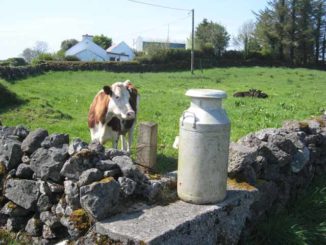
With milk quota due to end in 2015, how is Europe preparing? […]
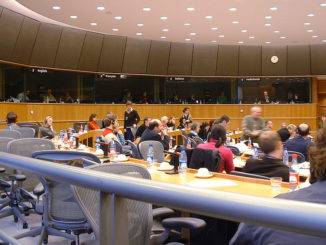
Parliament rubber stamps legislation bad for citizens, rural areas and the environment, but battle continues. […]
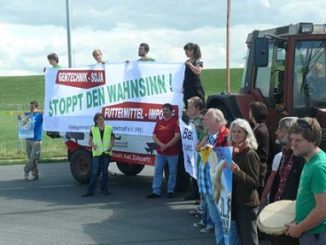
Farmers, students and enviromental activists block main supplier of intensive farming systems in Germany […]
Agricultural and Rural Convention